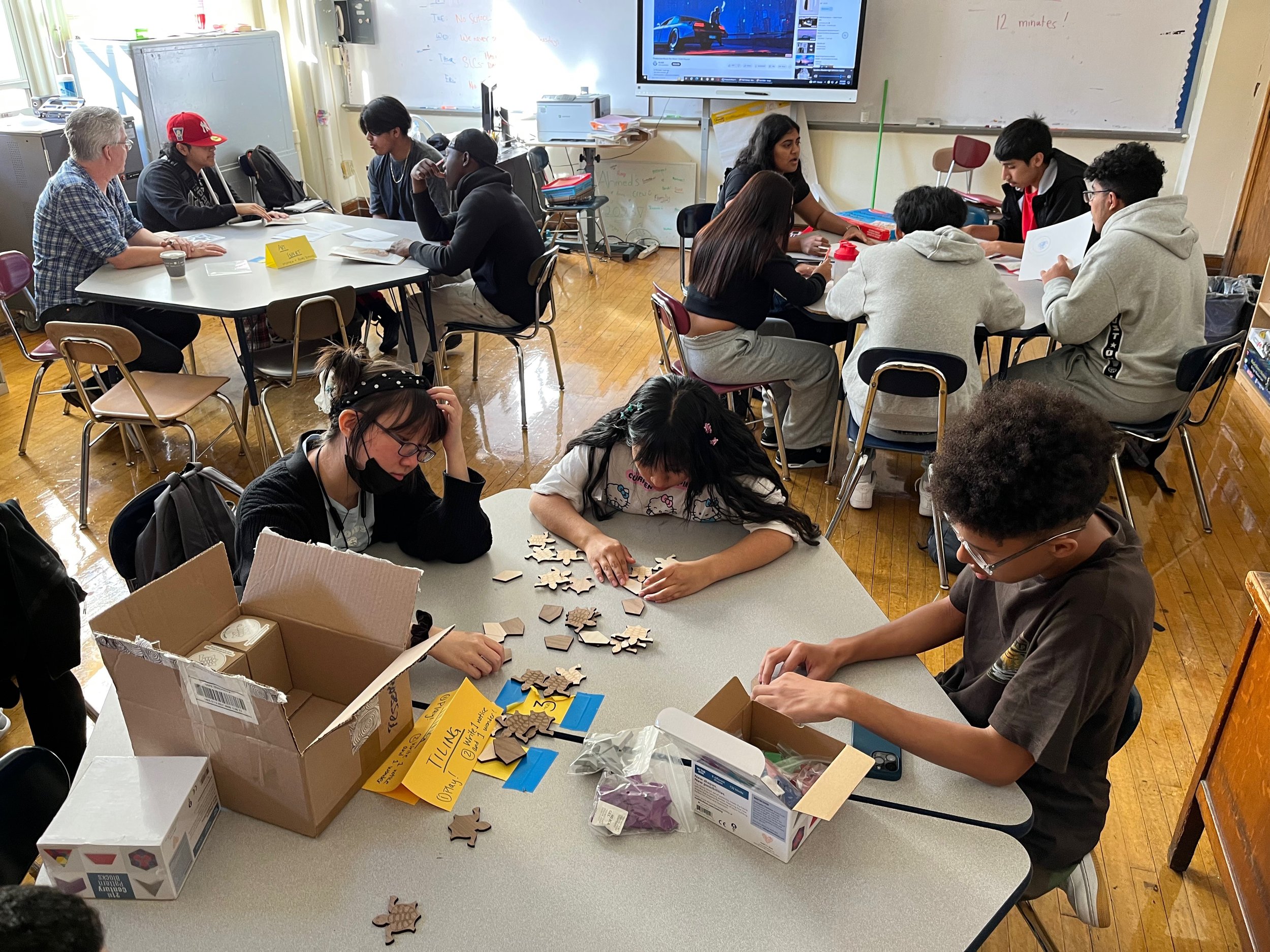Sign up with the Motion to Save Temecula Schools: Neighborhood Action Needed!
Sign up with the Motion to Save Temecula Schools: Neighborhood Action Needed!
Blog Article
Recognizing the Value of Colleges in Child Growth and Neighborhood Development
Institutions' involvement with regional communities with service-learning campaigns strengthens the bond in between families and educational institutions. This cooperative relationship highlights the importance of institutions in supporting energetic citizenship and lifelong knowing routines.
Academic Accomplishment
Academic accomplishment works as a keystone of youngster growth, giving the foundation upon which future understanding and success are built. Schools play a pivotal function in cultivating this academic growth, supplying structured environments where youngsters can acquire vital expertise and cognitive skills. Standardized curricula guarantee that students gain proficiency in core subjects such as mathematics, scientific research, and language arts, which are important for both greater education and learning and professional possibilities.
Along with giving fundamental academic abilities, schools also grow critical reasoning, analytical capacities, and intellectual inquisitiveness. These cognitive competencies are vital for browsing complicated real-world situations and adapting to the ever-evolving needs of the modern work environment. Educators, as facilitators of learning, utilize varied pedagogical methods to cater to different knowing styles, consequently maximizing specific trainee capacity.
Moreover, academic success is closely linked to self-confidence and motivation. Youngsters who experience academic accomplishments are more probable to create a favorable self-concept and a long-lasting passion for discovering. Colleges also offer numerous sources, such as libraries and technology, which further improve the instructional experience and prepare pupils for a highly advanced culture.
Social Ability Advancement
Beyond scholastic accomplishment, the function of institutions in social ability growth is indispensable. Schools act as a key location for youngsters to find out and practice vital social abilities such as conflict, interaction, and teamwork resolution. In the organized environment of a class, pupils communicate with peers, teachers, and various other school personnel, using numerous opportunities to develop these critical capacities.
Efficient social skill growth in colleges is facilitated via group activities, collective projects, and extracurricular programs. These communications help pupils recognize social standards, construct compassion, and promote a feeling of neighborhood. Team assignments teach pupils how to work with each other towards a typical goal, listen to various perspectives, and navigate disputes constructively.

The cultivation of social skills throughout academic year lays a structure for future personal and professional partnerships. Save Temecula Schools. As students develop, the ability to successfully collaborate and interact ends up being progressively essential, emphasizing the college's essential role in holistic child advancement
Exposure to Diversity
Exposure to diversity in colleges is essential to fostering an inclusive frame of mind and expanding pupils' point of views. Schools act as a microcosm of the more comprehensive society, and coming across diverse cultures, languages, and socioeconomic histories within this setting gears up trainees with necessary abilities for browsing a significantly globalized world. This direct exposure encourages compassion, lowers prejudices, and advertises shared respect among peers.
Research indicates that pupils that connect with peers from diverse histories display far better analytical skills and creative thinking. This understanding of diversity prepares pupils for future workplaces that worth multicultural capability - Save Temecula Schools.

Neighborhood Engagement
The benefits of diverse classrooms expand past the school wall surfaces, fostering a strong sense of community involvement amongst trainees. By connecting with peers from different social, socioeconomic, and ethnic histories, trainees get a wider point of view and a recognition for diversity. This direct exposure encourages them to come to be active residents that agree to contribute favorably to their neighborhoods.
Institutions that highlight neighborhood interaction commonly include service-learning tasks, which enable pupils to deal with real-world issues Homepage while using academic skills. These tasks not just improve pupils' understanding of their coursework but additionally infuse a sense of obligation and compassion. Collaborations in between schools and regional companies provide trainees with chances to get involved in neighborhood occasions, additionally strengthening their function as proactive community members - Save Temecula Schools.
Furthermore, parental and neighborhood involvement in institutions enhances the bond between academic institutions and the communities they serve. Through these efforts, schools play a crucial role in nurturing area interaction and cultivating societal growth.
Lifelong Discovering Practices
Establishing lifelong knowing behaviors is vital for a kid's continual development and adaptability in an ever-changing globe. Institutions play an essential role in instilling these practices by producing an atmosphere that fosters interest, important thinking, and a love for expertise. Through varied curricula and extracurricular tasks, educators motivate students to explore different topics, analyze info critically, and use their learning to real-world scenarios.

Moreover, colleges supply an organized setting where youngsters can create self-control and time management skills, both of which are vital for constant learning. By stressing the relevance of establishing objectives, reviewing development, and adapting methods, universities prepare students to navigate the complexities of grown-up life, guaranteeing they continue to be lifelong learners and contributors to society.
Final Thought
Finally, schools are crucial in fostering child advancement and neighborhood growth by supplying atmospheres for academic success, social ability advancement, and exposure to variety. With collective tasks and communications, colleges enhance important thinking, compassion, and interaction abilities. Community interaction initiatives additionally strengthen the bond between universities and neighborhood neighborhoods. Eventually, schools grow long-lasting discovering habits, furnishing people with the required knowledge and skills to add positively to culture.
In the organized setting of a classroom, trainees connect with peers, teachers, and various other college team, offering various chances to create these important abilities.
In essence, direct exposure to variety within institutions not only enhances private students but additionally strengthens the social material of the community as a whole.
The benefits of varied classrooms extend past the college walls, fostering a strong feeling of Go Here community interaction among pupils.Schools that emphasize neighborhood interaction commonly incorporate service-learning tasks, which permit students to deal with real-world issues while using scholastic skills. Collaborations in between schools and regional organizations give trainees with opportunities to take part in area occasions, better strengthening their role as aggressive neighborhood members.
Report this page